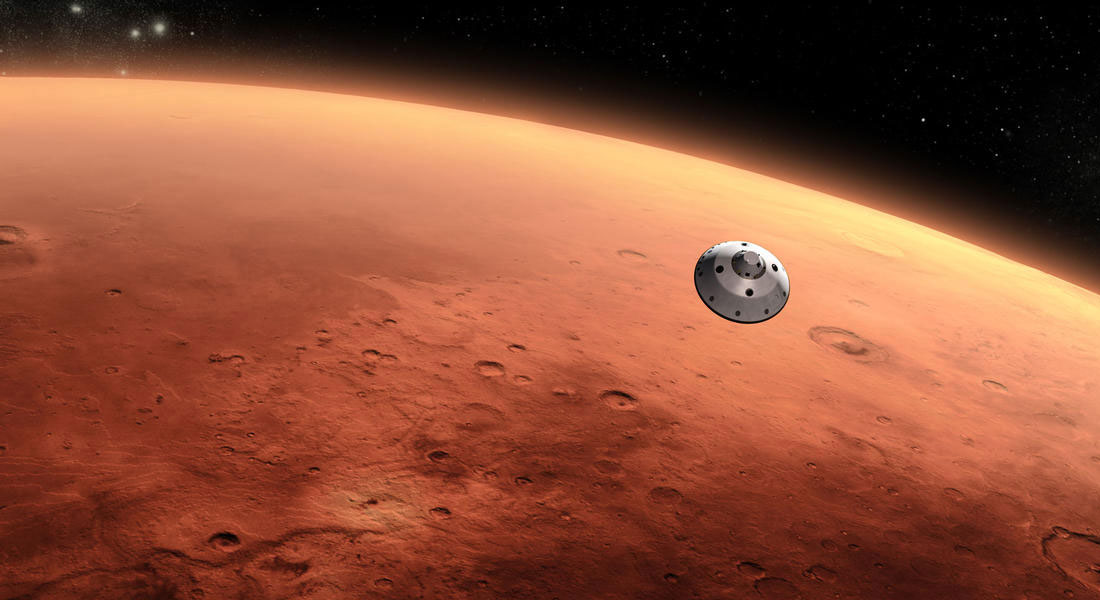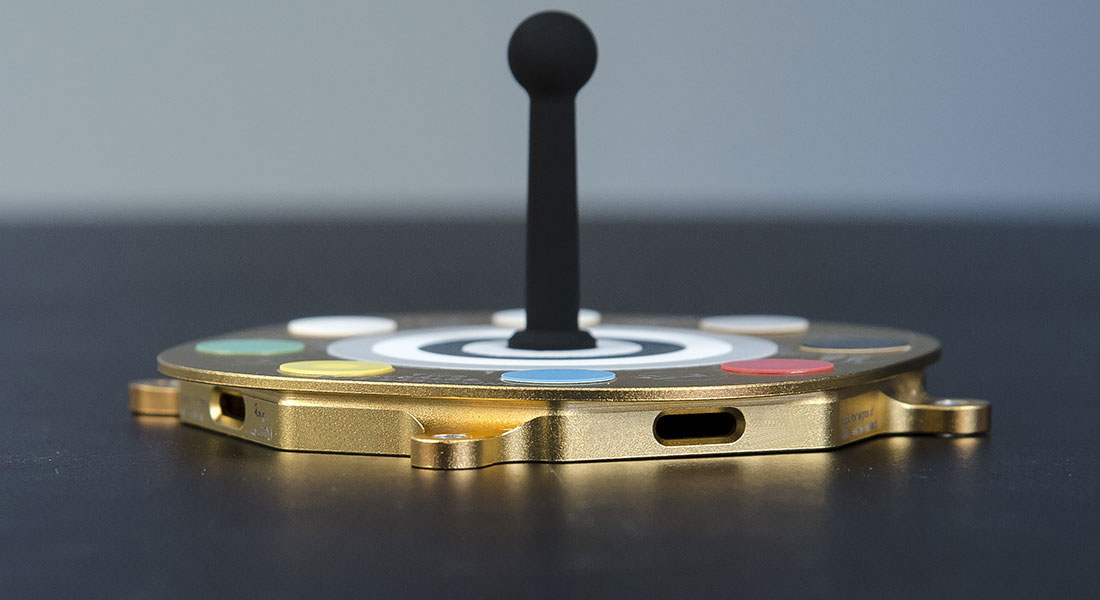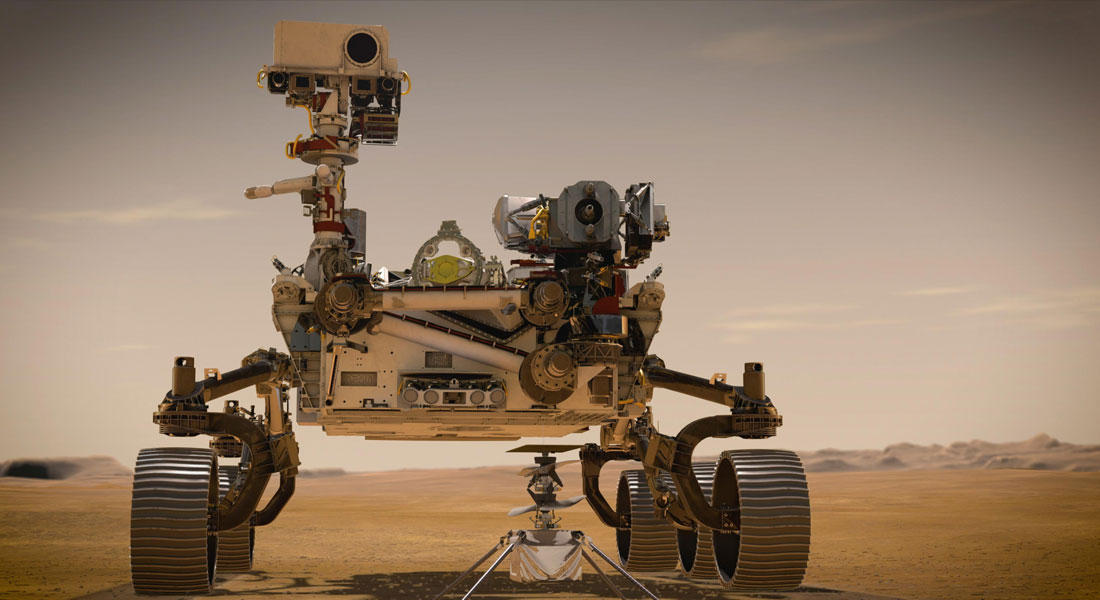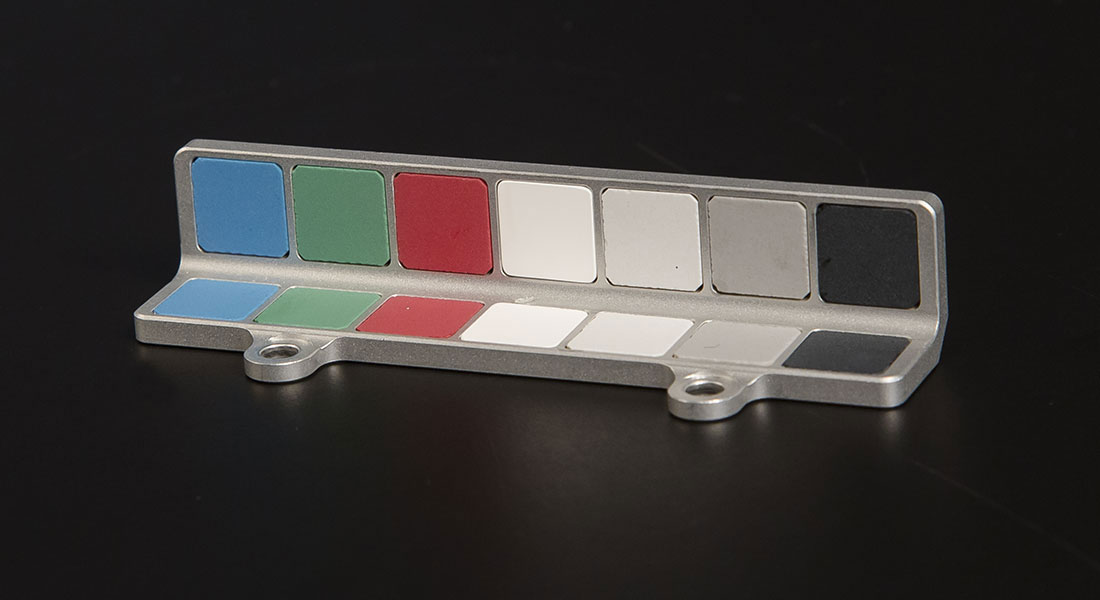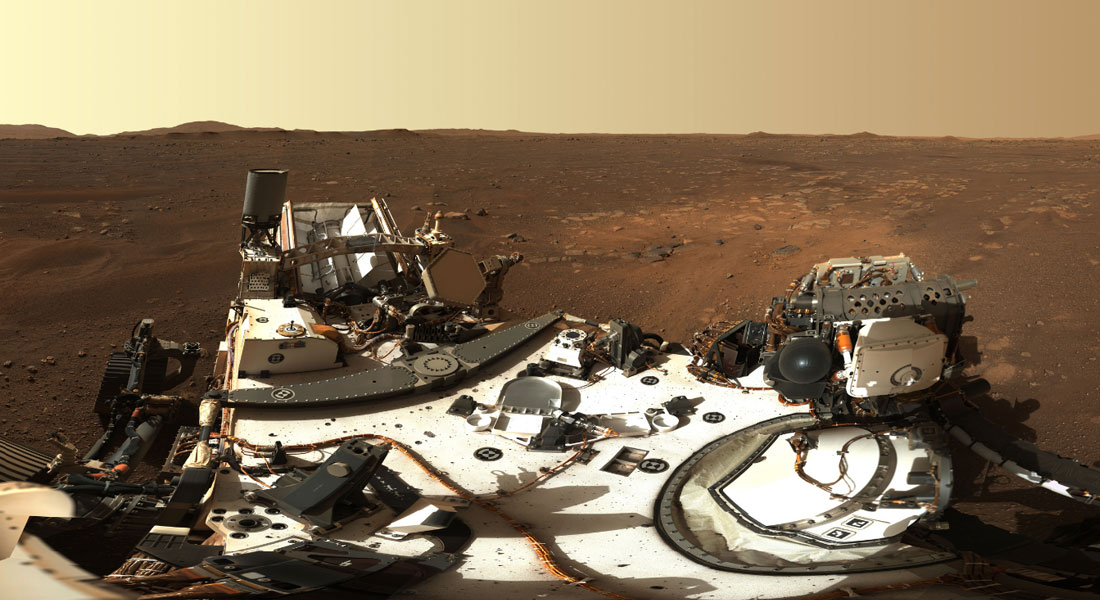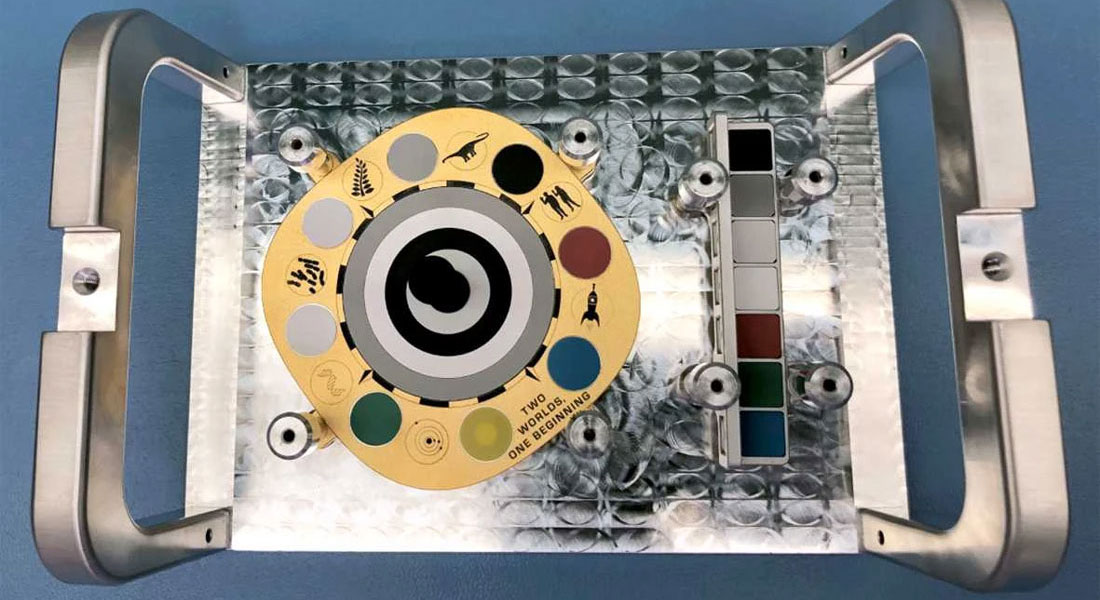MARS
An essential activity is our direct participation in experiments on Mars lander and rover missions for which we design and build various science instruments and experiments.
The Mars group is part of the research section Astrophysics and Planetary Science at the Niels Bohr Institute.
We are an experimental research group working with exploration of the Martian surface. An essential activity is our direct participation in experiments on Mars lander and rover missions for which we design and build various science instruments and experiments.
Our research is focused on investigations of the mineral composition of the soil, rocks and particularly the airborne dust on Mars. The main goal is to understand the geological evolution of Mars, especially the history of water, because water is necessary for the evolution and survival of life as we know it.
The history of Mars research at the Niels Bohr Institute >>
Funding the research
The Mars group's participation in NASA's Mars 2020 mission is currently supported by a grant from The Carlsberg Foundation.

 The Carlsberg Foundation is a commercial foundation that supports basic scientific research within the natural sciences, social sciences and humanities conducted by Danish researchers and international researchers connected to Danish research environments.
The Carlsberg Foundation is a commercial foundation that supports basic scientific research within the natural sciences, social sciences and humanities conducted by Danish researchers and international researchers connected to Danish research environments.
![]() Force Technology supports the Mars Project by performing a flight acceptance test of a set of flight spare callibration targets free of charge.
Force Technology supports the Mars Project by performing a flight acceptance test of a set of flight spare callibration targets free of charge.
Our research is centred on investigations of the dust, soil and rocks on Mars by various types of analytical science instruments and experiments onboard Mars landers and rovers. The main goal is to understand the geological evolution of Mars, especially the history of water, since water is necessary for the evolution and survival of life as we know it.
We design, build, test and calibrate instruments and magnetic properties experiments for lander missions to Mars, and we participate in the analysis and interpretation of data from the missions as well as in the publication of scientific results.
The Mars group contributes to three of the seven science instruments on NASA's upcoming Mars 2020 rover mission: the advanced cameras Mastcam-Z, the oxygen production experiment MOXIE, and SuperCam - a combined camera, laser and spectrometer.
On the currently (2016) ongoing Mars Science Laboratory mission the Mars group has actively participated in experiments and was furthermore, among other things, involved in the analysis of small rounded rocks at the Curiosity rover's landing site, leading to the discovery of ancient stream beds at the site.
For NASA's Mars 2020 mission we will deliver a radiometric calibration target for the advanced cameras Mastcam-Z, and we also contribute to the oxygen production experiment MOXIE, among other things.
NASA's Mars 2020 rover mission is scheduled for launch from July 17th to August 5th, 2020 and will land on Mars on February 18th, 2021. Following landing, the duration of the mission is at least one Mars year, which is approximately 687 Earth days.
The rover has essentially the same basic design as the Curiosity rover from the Mars Science Laboratory (MSL) mission, but whereas Curiosity has searched only for signs of habitable conditions, the 2020 mission will also seek signs of past microbial life itself.
In addition to searching for signs of life it will conduct experiments and investigations in preparation of future human exploration of the planet.
Science objectives
The science objectives of the mission are:
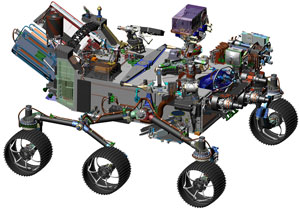
Computer-design drawing (from July 2016) for NASA's Mars 2020 rover. >Click here for highest resolution. Image credit: NASA/JPL-Caltech.
Looking for habitability:
Explore an astrobiologically relevant ancient environment on Mars to decipher its geological processes and history, including the assessment of past habitability.
Seeking biosignatures:
Assess the potential for preservation of biosignatures (signs of past life) within the selected geological environment, and search for those signs.
Caching samples:
Collect core rock and soil samples with potential evidence of past life and store the most promising of them in sealed containers, sample caches, which can be collected and returned to Earth by a future mission. The samples will also be representative of the geological diversity of the local environments at the chosen landing site.
Preparing for humans:
Contribute to the preparation for human exploration of Mars by testing the catalytic extraction of oxygen from the Martian atmosphere with the MOXIE instrument, and by characterizing the size and morphology of the atmospheric dust particles in order to understand their effects on surface systems and human health.
The Mars group has contributed instruments and magnetic properties experiments to several NASA Mars missions, including to the lander and three rovers seen below.
Through the menu on the left you can read about each of the missions, their objectives and results, and the contributions of the Mars group. On the right you can find links to NASA's pages.
The image below shows a size comparison of four different Mars rovers and landers.
- The Sojourner rover was - together with a lander not shown here - part of the Pathfinder mission, which landed in 1997.
- The Mars Exploration Rovers were the two identical twins Spirit and Opportunity, which landed on opposite sides of Mars in 2004.
- The Phoenix lander was the first of NASA's small and low-cost scout missions. It touched down near the northern arctic plains on Mars in 2008.
- The Mars Science Laboratory rover Curiosity touched down on Mars in 2012.
The Curiosity model seen here is a version from 2008. See Curiosity rover for a picture of a newer test model, as well as test models and flight spares of Spirit/Opportunity and Sojourner.
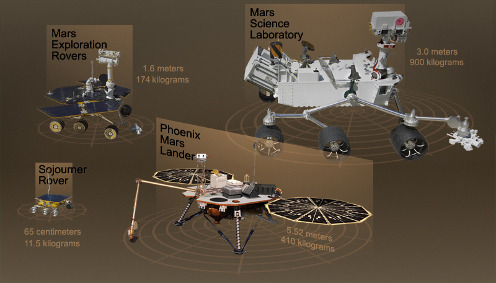
A lander and three rovers from NASA's Mars Exploration Program, all with contributions form the NBI Mars group. Click image for higher resolution. Image credit: NASA/JPL-Caltech.
Publications by the Mars group
 |
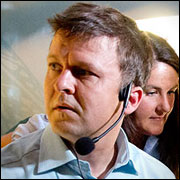 |
Morten Bo MadsenAssociate Professor |
Kjartan Münster KinchAssociate Professor |
The group is based in the research group Astrophysics & Planetary Science at the Niels Bohr Institute, the University of Copenhagen, Jagtvej 155, 2200 Copenhagen N.
Secretary
Helena Baungaard-Sørensen, Sektionssekretær
Email: Helena.baungaard@nbi.ku.dk
Telefon: +45 35 32 70 14
Staff
| Name | Title | |
|---|---|---|
| Search in Name | Search in Title | |
| Kinch, Kjartan Bergeron | External |
|
| Madsen, Morten Bo | Associate Professor |
|
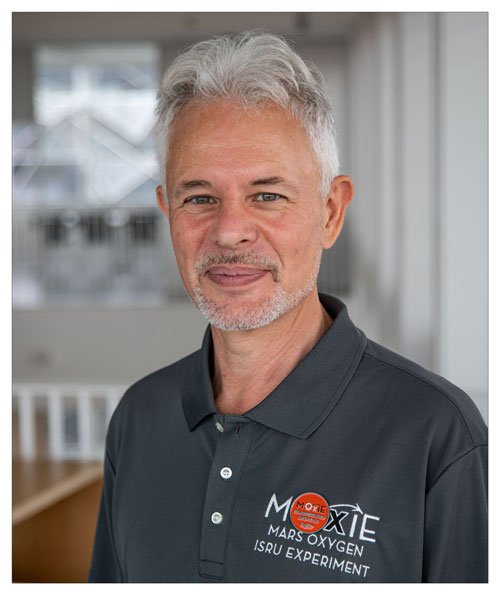
Group leader
Morten Bo Madsen, Associate professor
Phone: (+45) 35 32 05 15
E-mail: mbmadsen @ nbi.ku.dk

